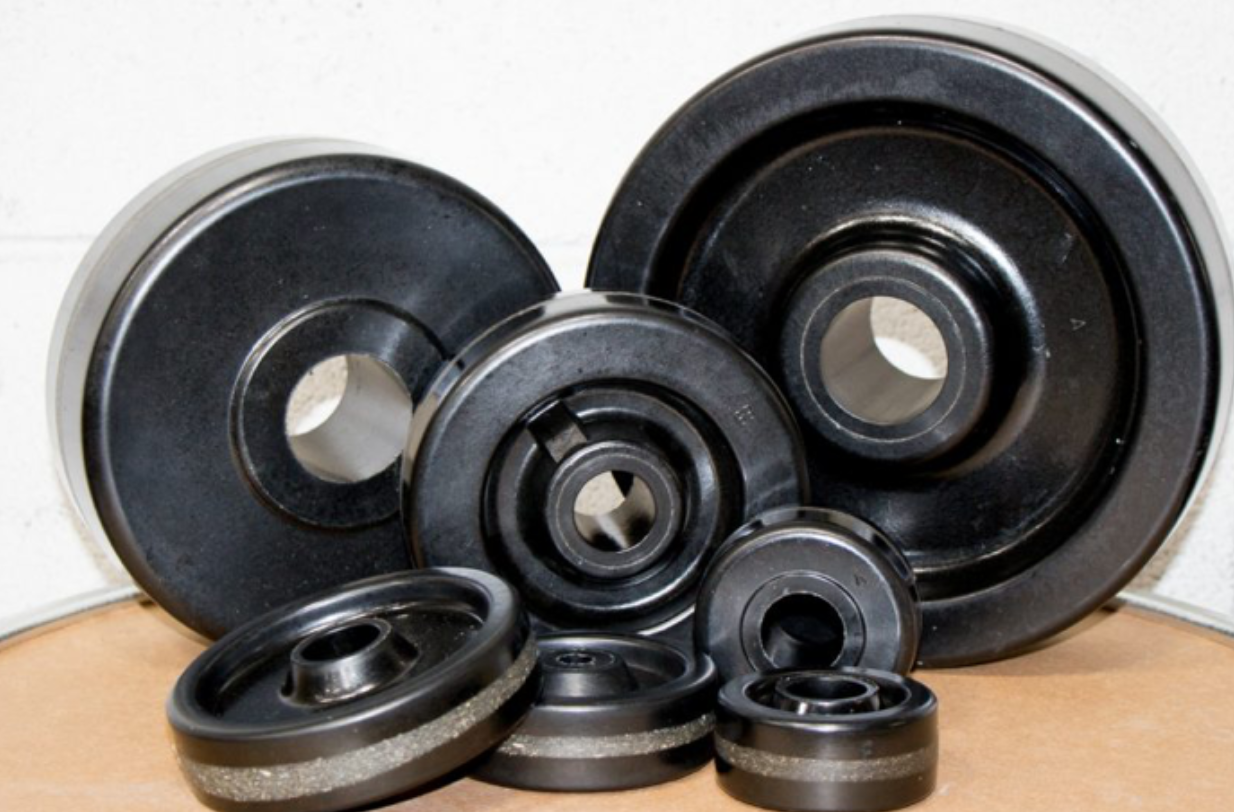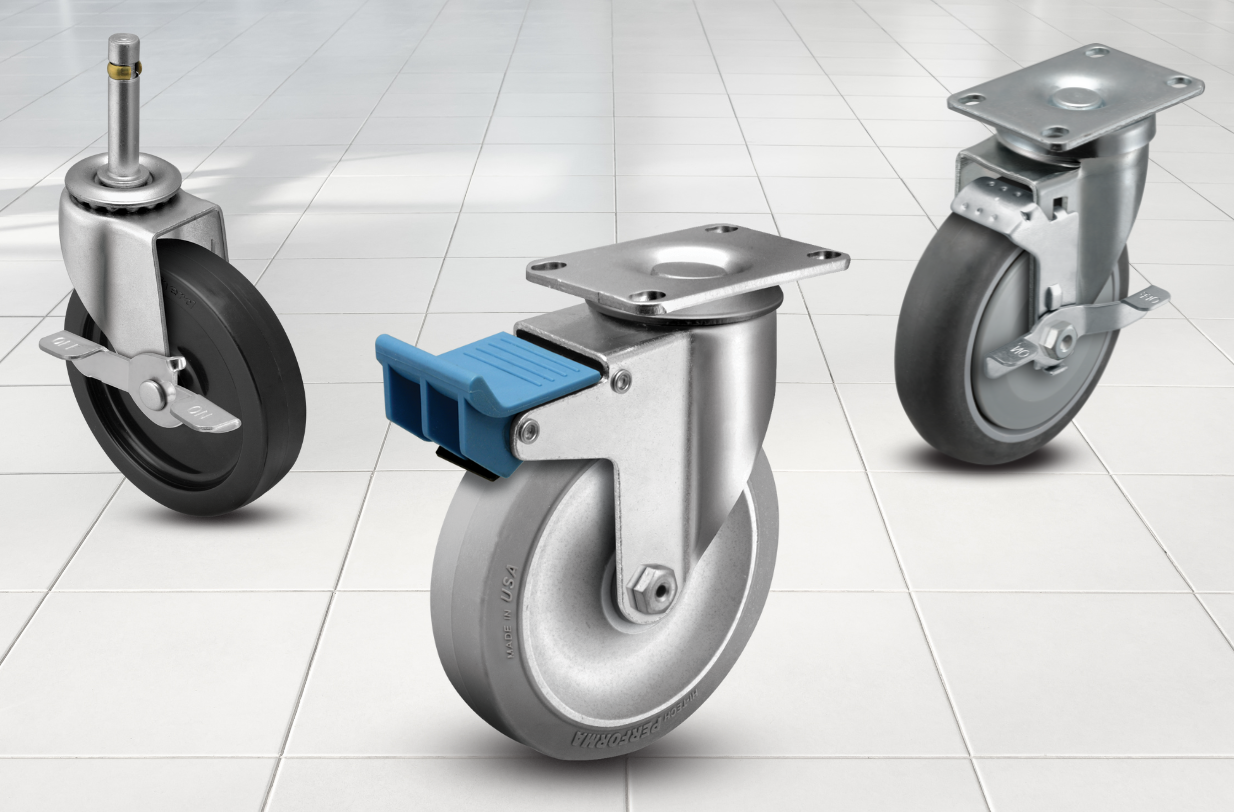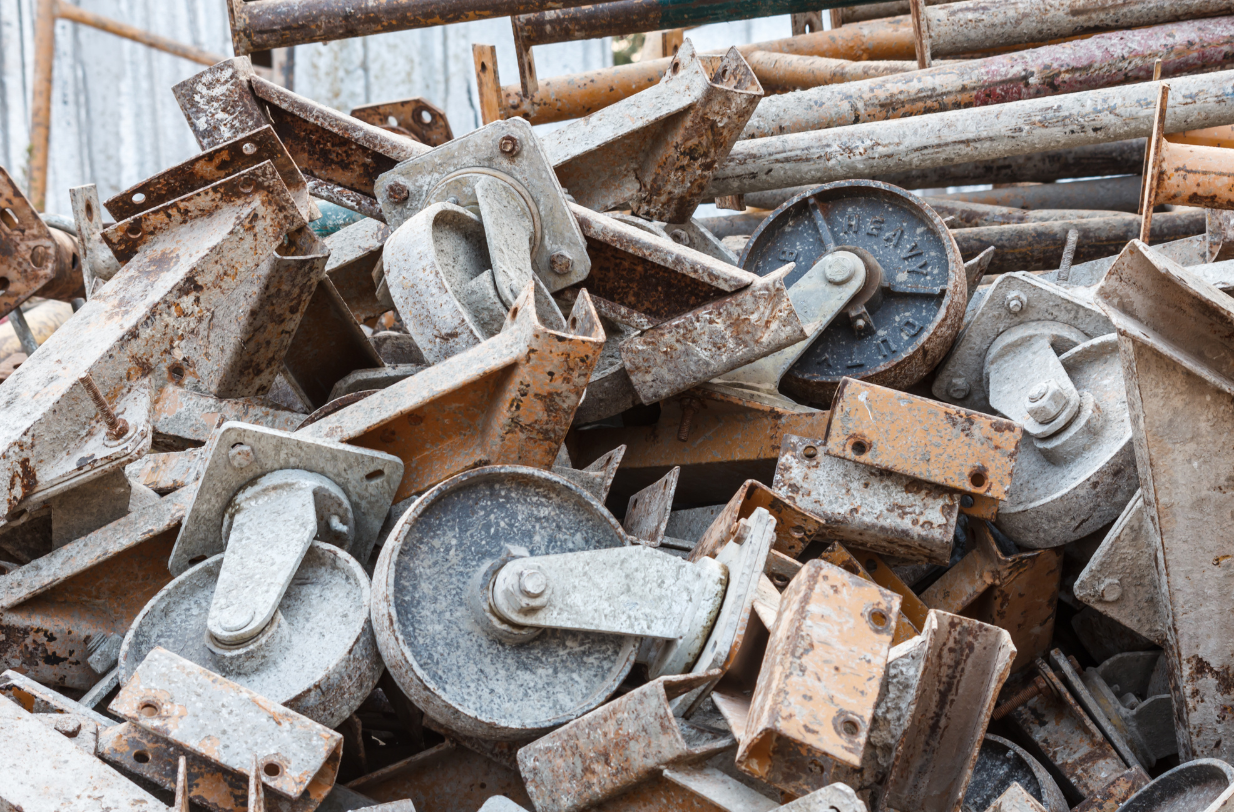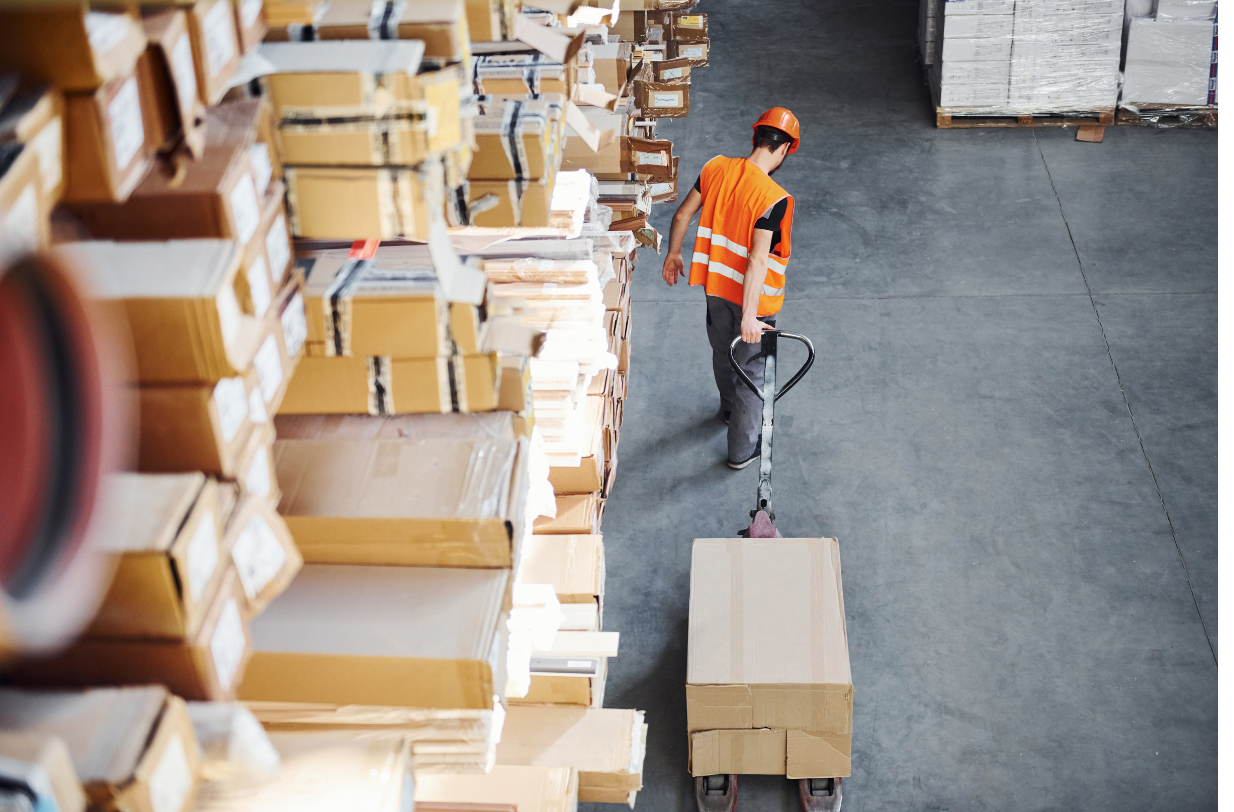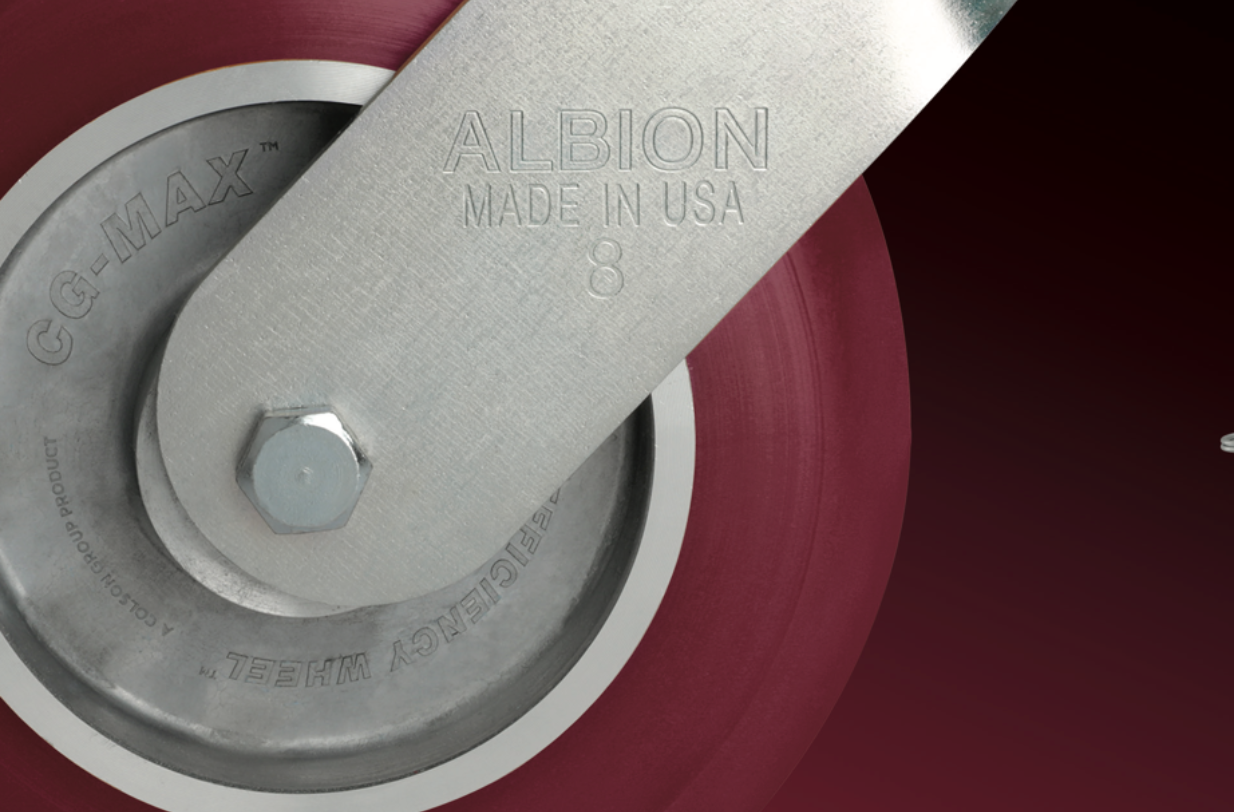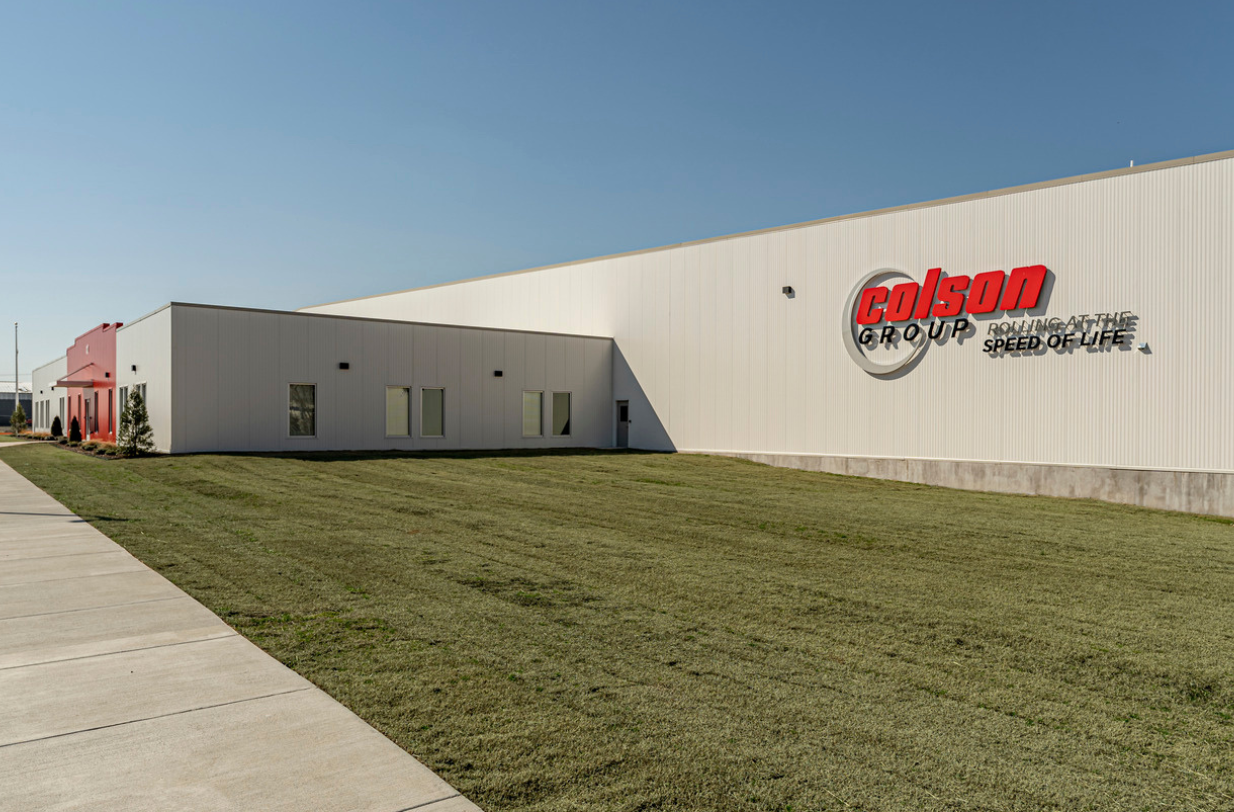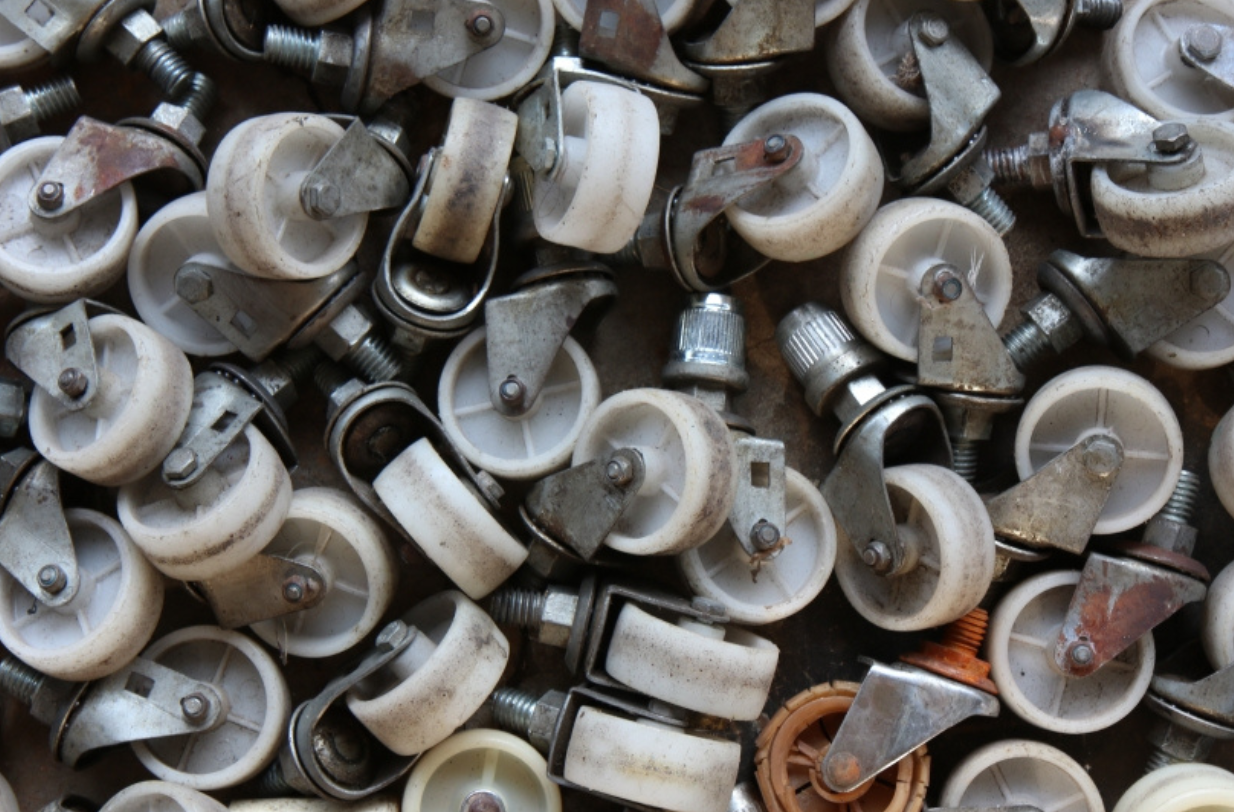Acquisition of ARBCO Industries
As a company constantly seeking global expansion opportunities, Colson Group, the leading global manufacturer of casters and wheels, is thrilled to announce its recent acquisition of ARBCO Industries, LLC (ARBCO). With 56 years of experience… Acquisition of ARBCO Industries
